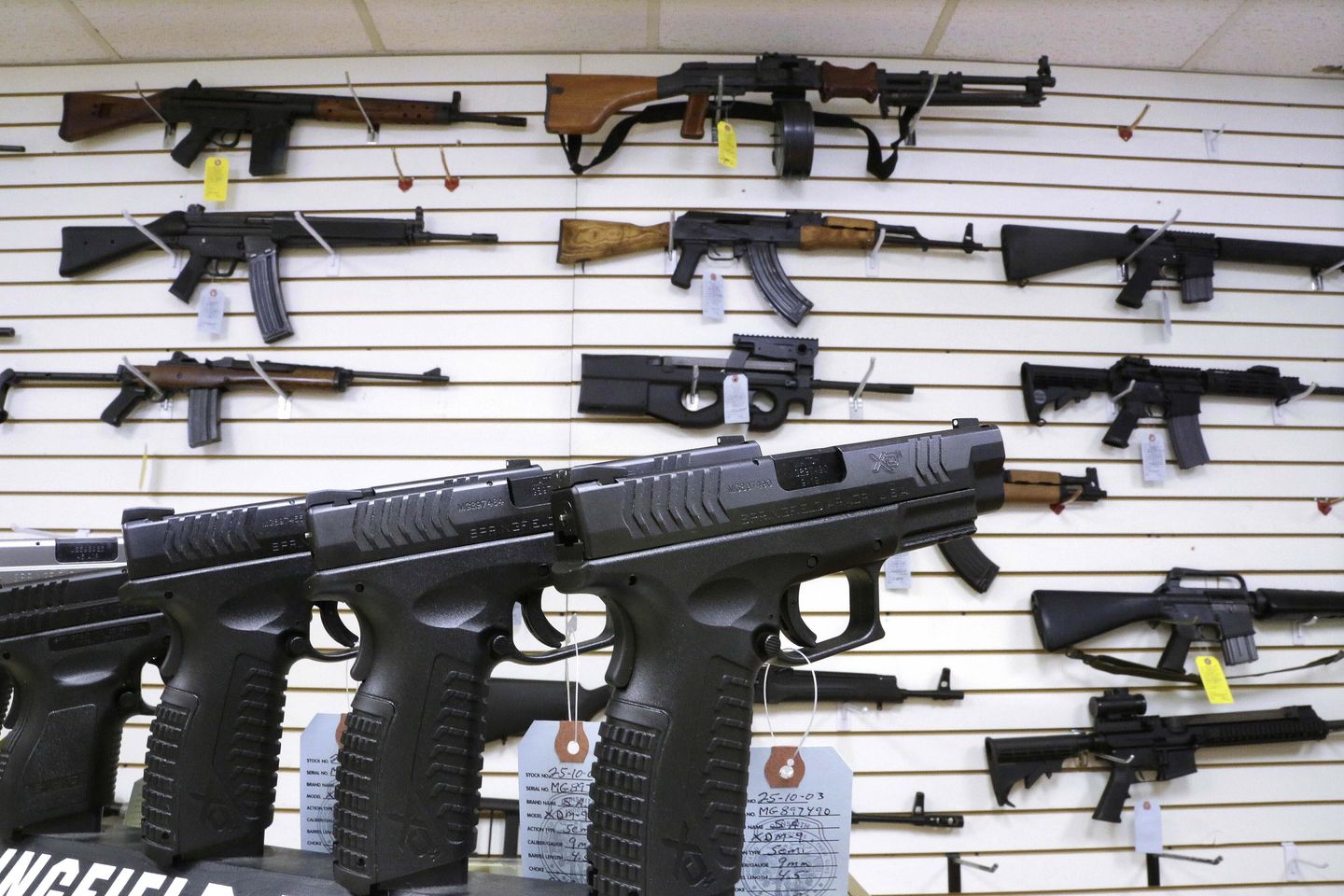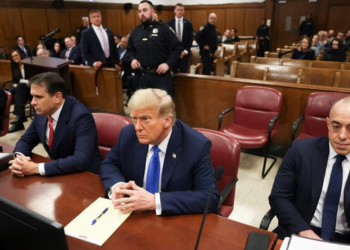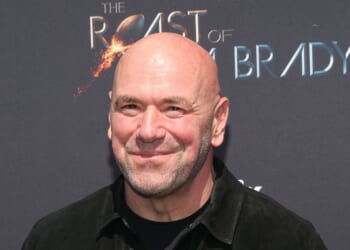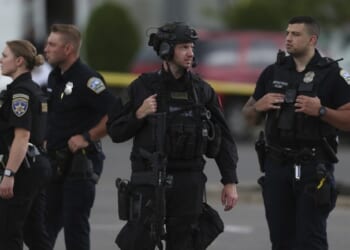
The Supreme Court on Monday announced it would not hear legal battles over the ability of young people to carry firearms in public.
One dispute came to the high court over a Minnesota law that looked to ban 18- to 20-year-olds from carrying a firearm. It had been in effect for roughly two decades before lower courts said it was unlawful.
Minnesota’s law, which lower courts struck down as inconsistent with the Second Amendment, had limited the ability to carry a pistol to those 21 and older. More than 30 states and the federal government have similar restrictions.
Without comment, the justices decided not to revisit the appeal sought by Bob Jacobson, the commissioner of Minnesota’s Department of Public Safety, on behalf of the Minnesota law, which was challenged by three individuals who were under 21.
That case was Jacobson v. Worth.
The justices also decided not to hear a dispute involving the ability to carry a gun on campus in Michigan.
Joshua Wade, a Michigan man who learned about the campus restriction when visiting an art festival, had challenged a ban at the University of Michigan on carrying guns on campus property — which applies to everyone — unless given special clearance. Mr. Wade applied for the clearance, but was denied.
A lower court upheld the ban, reasoning the school is a sensitive place where the Second Amendment can be limited.
It would have taken four justices to vote in favor of hearing the disputes for oral arguments to have been granted.
Mr. Wade’s case was Wade v. University of Michigan.












